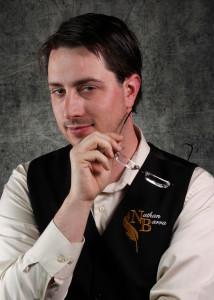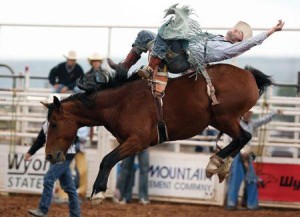We will discover the nature of our particular genius when we stop trying to conform to our own or to other people’s models, learn to be ourselves, and allow our natural channel to open.
Shakti Gawain
Writers are fun loving people with countless interests, who love a good joke, and truly are kids at heart. Yet, we can feel overwhelmed when we’re in the public eye at book launches and conventions, or when we approach and agent or publisher. Our effervescent, perfectionist selves, our I-wrote-an-awesome-book selves, crumble in a public spotlight. It’s not about our craft (we work hard at that), or our ability to complete a project, nor is it about putting our literary babies up for criticism (we’ve jumped that hurdle a few times to get the manuscript ready). It’s that we’re perfectionists and we all strive to write the next best seller.
Ah, yes. I had written the perfect pitch and had practiced the perfect delivery. With my perfect pitch in hand, I went to my first convention and encountered a publisher’s representative. What was my book about? he asked me. Well, I was prepared, wasn’t I? I had polished that pitch, memorized it and practiced it until I could recite it anywhere. And then….
… FAILURE! For so many reasons it escaped me (I wasn’t doing dishes, taking out the garbage, reciting it to a blank wall – who knows?). I rolled my eyes back into my head in an effort to mentally read my perfect pitch and I was suddenly, totally mortified. I had blown the perfect opportunity! Solution? Run? Turn a deeper red? I looked him in the face and laughing, I said, “Now that that’s over, let me tell you what the book is really about.” And so I spoke from the heart all the while laughing inside over how silly I’d been.
Artists who seek perfection in everything are those who cannot attain it in anything.
Eugene Delacroix
That encounter didn’t get me the sale but I got a great chortle from the publisher and I had a good conversation with him. But most importantly, I learned to laugh at myself and relax. Publishers, agents and book buyers don’t have it easy trying to find the perfect book either. So once you understand that they have as much at stake in the moment as you do, it takes the pressure off needing to be perfect. Besides, you just want an opportunity to submit the manuscript or for prospective readers at your sales table to buy the book to read later. How does laughing at yourself accomplish that?
Genuine beginnings begin within us, even when they are brought to our attention by external opportunities.
William Bridges
It’s about being true to yourself and sparking a relationship which in turn creates loyalty. Who are we the most loyal to? Those we are most comfortable around, not those who make us feel squeamish. Think of your best friends. You laugh, you discuss, even argue from time to time and you know what’s important or meaningful to them. So it should be with those we are trying to impress. Like with our friends, we need to listen, ask questions, converse and laugh at ourselves and with them. That’s what creates relationships and opportunities, not a perfectly recited pitch.
So, don’t be so hard on yourself. Laugh at yourself. Laugh with others. View your encounters as if you’re developing a friendship. Ask them what’s important to them. Ask about their interests. Don’t forget to smile. Above all, laugh and relax. But what happens if they aren’t interested in what you’ve written?
The meeting of two personalities is like the contact of two chemical substances: if there is a reaction, both are transformed.
C.G. Jung
A negative response doesn’t mean that your work isn’t good or whatever the awful thing the voice inside your head is sniping. It simply means it isn’t for them or that you’ve got a bit more work to do to answer their questions. You can choose to address the issue or not. You can choose to purse the relationship or not. But what you can always do is laugh and revel in the wonder of how although we are all the same, we are so different.
I cannot believe that the inscrutable universe turns on an axis of suffering; surely the strange beauty of the world must somewhere rest on pure joy!
Louise Bogan.
If you’d like to read more great quotes and learn to overcome limiting beliefs and fears that inhibit the creative process (and keep you from laughing), I recommend you read The Artist’s Way: A Spiritual Path to Higher Creativity by Julia Cameron.




